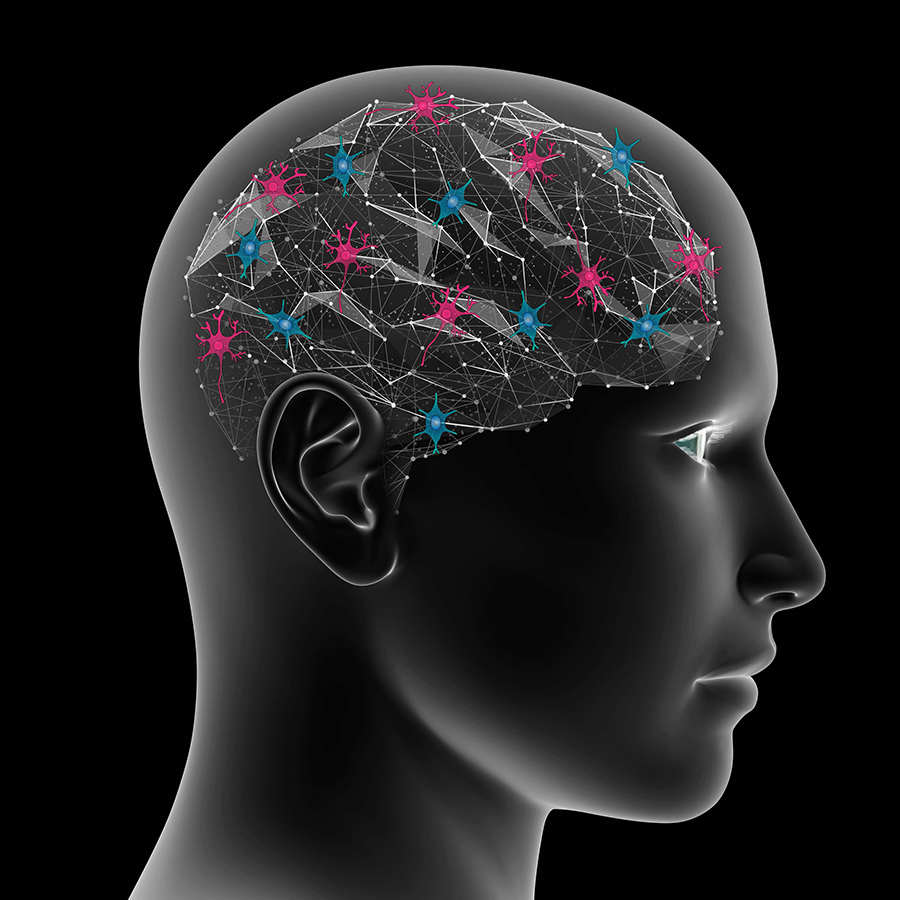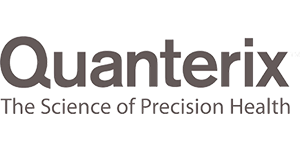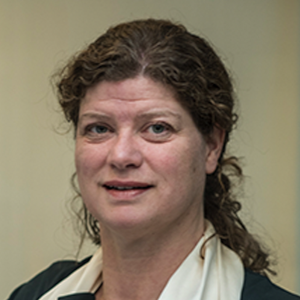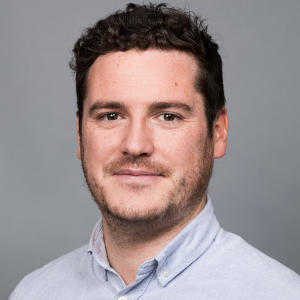Alzheimer’s disease is one of our nation’s most significant threats, with devastating impacts on patients and their families. This session will explore a new approach called neurodiagnostic therapies, a methodology fundamentally enabled by ultrasensitive biomarker measurements that allow visibility to neurological disease in individuals before they are symptomatic. This allows treatment to be administered at a more optimal stage, to improve therapeutic effectiveness and by extension, patient outcomes.
During this presentation, attendees will learn how this new approach can provide early treatment to ultimately accelerate disease detection and improve outcomes, in addition to creating viable and credible evidence for the healthcare system to adopt it with coverage to facilitate frictionless access.
Session Chair Profile
Biography
Kevin Hrusovsky has dedicated his 30-year career to leading disruptive medical technology companies and shepherding a global movement to transform healthcare to Precision Health. He created Powering Precision Health foundation, an internationally renowned non-profit promoting a new era of medicine using biomarker innovation to achieve precision medicine. Kevin has always been committed to accelerating adoption and value creation for many “game changing” non-invasive early detection technologies for Oncology, Neurodegeneration and Cardiology which are transforming drug development and disease prevention. Before Quanterix, he was CEO of Caliper Life Sciences, and Zymark Corporation, as well as, President of Life Sciences at PerkinElmer. He is the recipient of several distinguished awards including the 2019 EY Entrepreneur of the Year®, the 2018 Lifetime Achievement Award for Leadership and the E.G. Bailey Entrepreneurship Award (2013), both from The Ohio State University.
Speaker Profile
Biography
Charlotte Teunissen’s drive is to improve care of patients with neurological diseases by developing body fluid biomarkers for diagnosis, stratification, prognosis and monitoring treatment responses. Studies of her research group span the entire spectrum of biomarker development, starting with biomarker identification, often by –omics methods, followed by biomarker assay development and analytical validation, and lastly, extensive clinical validation and implementation of novel biomarkers in clinical practice. She has extensive expertise with assay development on state of the art technologies, such as mass spectrometry and antibody-based arrays for biomarker discovery, ultrasensitive immunoassays, and in in implementation of vitro diagnostic technologies for clinical routine lab analysis. She is responsible for the large well-characterised biobank of the Amsterdam Dementia cohort, containing >5200 paired CSF and serum samples of individuals visiting the memory clinical of the Alzheimer Center Amsterdam (a.o. controls, patients with Alzheimer, Frontotemporal, Lewy Bodies).To ensure the quality of the biosamples, the group studies pre-analytical effects, which are key to implementation. Charlotte is leading several collaborative international biomarker networks, such as the Society for Neurochemistry and routine CSF analysis and the Alzheimer Association-Global Biomarker Standardization and Blood Based Biomarkers consortia. She is the coordinator of the Marie Curie MIRIADE project, aiming to train 15 novel researchers into innovative strategies to develop dementia biomarkers (10 academic centers + 10 non-academic centers), and the JPND bPRIDE project, that aims to develop targeted blood based biomarker panels for early differential diagnoses of specific dementias and is a collaborative project between 7 European and 1 Australian centers.
Speaker Profile
Biography
Henrik Zetterberg is a Professor of Neurochemistry at the University of Gothenburg, Sweden, and University College London, UK, and a Clinical Chemist at Sahlgrenska University Hospital in Gothenburg, Sweden. He is Head of the Department of Psychiatry and Neurochemistry at the University of Gothenburg, leads the UK DRI Fluid Biomarker Laboratory at UCL and is a Key Member of the Hong Kong Center for Neurodegenerative Diseases. His main research focus and clinical interest are fluid biomarkers for brain diseases, neurodegenerative disease in particular.
Talk
Update on Blood Biomarkers for Neurodegenerative Dementias
Speaker Profile
Biography
Dr. Ashton has a decade of experience in biofluid analysis and assay development for Alzheimer’s disease and related disorder which ranges from discovery mass spectrometry methods to ultra-sensitive immunoassays development. Recently, this has seen the success of assays specific for phosphorylated tau and neurofilament light, which being evaluated for clinical routine across Europe and inclusion criterion for clinical trials targeting dementia. Dr. Ashton was the 2021 recipient for the Queen Silvia prize for Alzheimer’s research in Sweden and published >100 original research articles in fluid biomarker for neurogenerative diseases.
Talk
Ultrasensitive Biomarkers for Amyloid Burden














